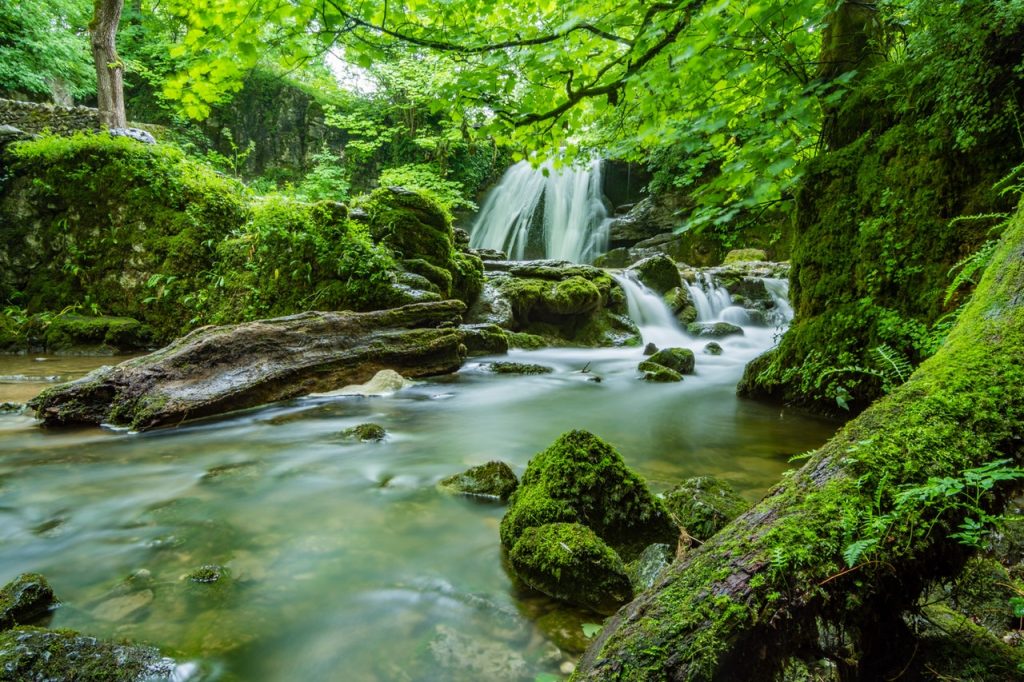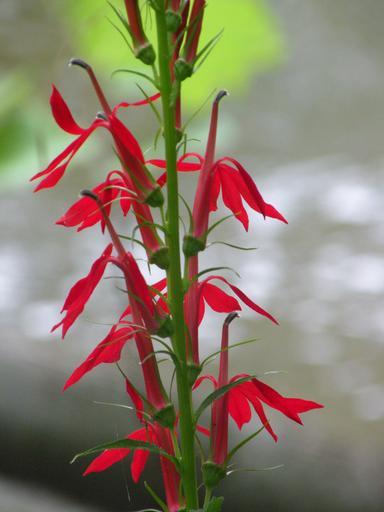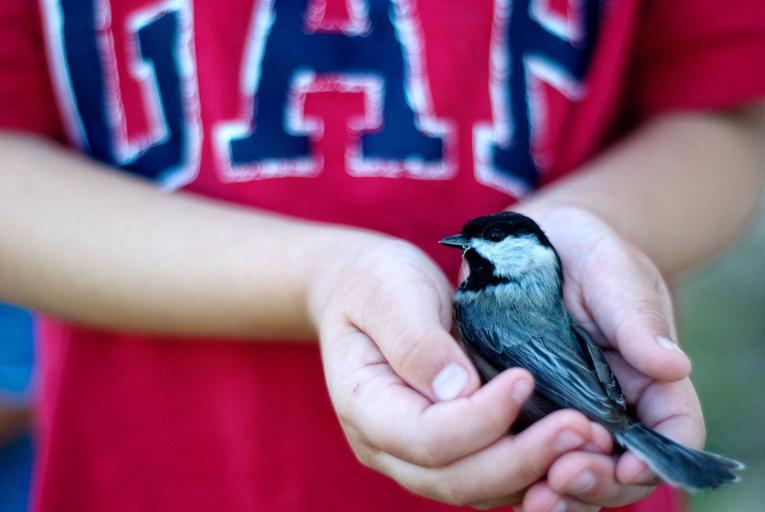
On Monday, April 22, I attended Kosmos Journal’s Climate Change, Consciousness and Community Summit in Media, PA. The program included presentations on facing climate reality, working with emotions, reconnecting to nature, renewing community resolve, and resilience preparation. The Summit also livestreamed keynote speakers from Findhorn’s Climate Change and Consciousness Conference.
One of the speakers livestreamed was author/philosopher Charles Eisenstein. Eisenstein spoke about the four most important steps we need to take right now to reverse climate disruption. They are (in order of importance):
- Protect intact ecosystems
- Regenerate and heal damaged ecosystems
- Stop poisoning the Earth
- Reduce greenhouse gas emissions
Reducing greenhouse gas emissions was number four on Eisenstein’s list. Why were ecosystems number one rather than emissions? Because ecosystems regulate climate.
An ecosystem is the interaction of plants, animals and small organisms in a specific environment. Ecosystems maintain air and soil quality, provide disease control, remove carbon dioxide from the atmosphere, provide crop pollination, regulate water flow, maintain soil fertility, prevent soil erosion and serve as natural buffers from wildfires, flooding, and drought.
The more climate disruption continues, the more ecosystems will be damaged.
Climate disruption harms ecosystems in the following ways:
- Alters where species live and how they interact
- Alters timing of biological events
- Overwhelms ability of ecosystems to mitigate wildfires, floods, and drought
- Greatly increases species extinctions
- Negatively impacts wildlife food web
If climate disruption is not curtailed, these negative impacts will cause ecosystems to completely collapse.
Two weeks after the Summit, IPBES (Intergovernmental Science Policy Platform on Biodiversity and Ecosystem Services) released their global assessment report. The news was not good. Sir Robert Watson, chair of IPBES stated, “The health of ecosystems on which we depend is deteriorating more rapidly than ever. We are eroding the very foundations of our economies, livelihoods, food security, health and quality of life worldwide.”
The report states 1 million species are threatened with extinction, current global response is insufficient, and transformative changes are needed to restore and protect nature.
How many more wakeup calls do we need? We have to get serious about taking immediate and effective action to heal our planet.
What you can do
Be a climate voter! The current administration is hastening climate disruption to the detriment of all life on Earth. This has to stop. We need bold new leadership that recognizes the climate crisis and takes meaningful action immediately.

Protect ecosystems on your property. Plant a pollinator garden, stop using pesticides, add a brush pile, include native plants in your garden. Every garden makes an important contribution to the web of life!

Plant a native tree, shrub or perennial with high wildlife value. Examples are serviceberry, dogwood, arrowwood viburnum, spicebush, cardinal flower sunflowers, and anise hyssop.
Support, volunteer for, and/or donate to organizations that work to protect ecosystems. Natural Lands Trust, Nature Conservancy, Ocean Conservancy, Integral Ecology Research Center, Xerces Society, Sierra Club, and National Audubon Society are all fine organizations dedicated to preserving Earth‘s ecosystems. There are many others to choose from.

Talk to family, friends, and neighbors about the importance of protecting our ecosystems.
We all need to contribute to the well-being of our only home. What are you willing to do?

We can make a big difference and many small differences. We must.
Feel free to share this post. Perhaps it will help others to realize how important it is to protect our ecosystems.